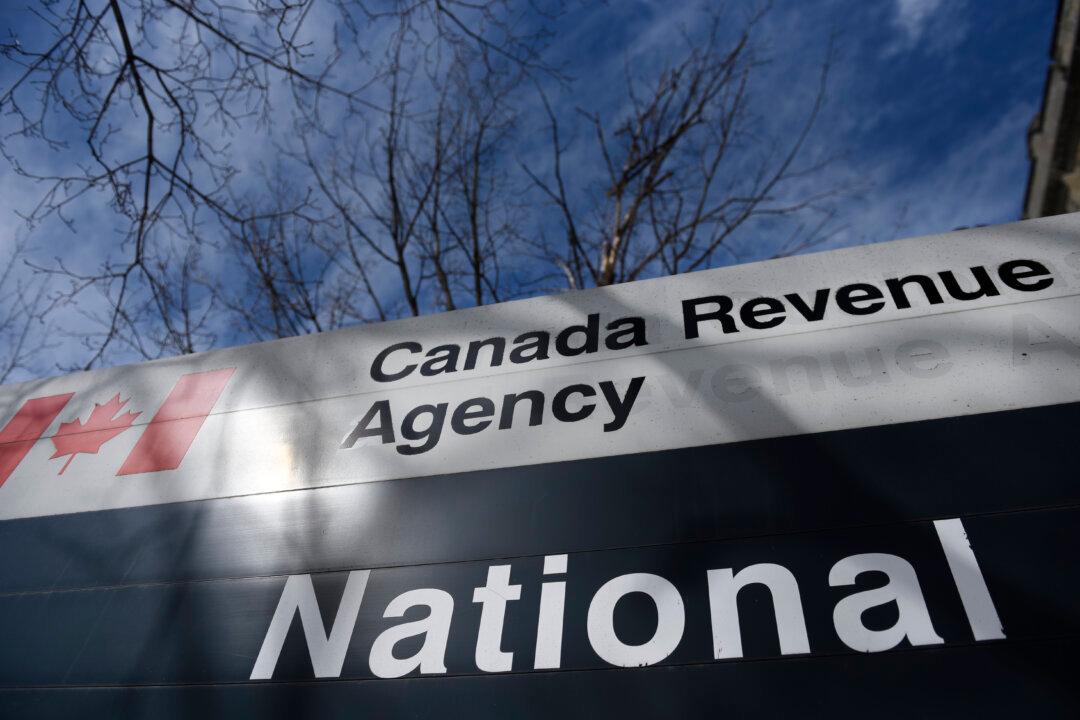The number of recreational boat registrations in Canada has dropped sharply since the introduction of the luxury tax in 2022, newly released data shows.
In response to an inquiry from Conservative MP Adam Chambers, the Canada Revenue Agency (CRA) provided data on the annual registration of “pleasure crafts” from 2016 to 2024. Total registrations peaked at 874 in 2022, then declined by about 8 percent to 807 in 2023, and fell further to 524 in 2024.





